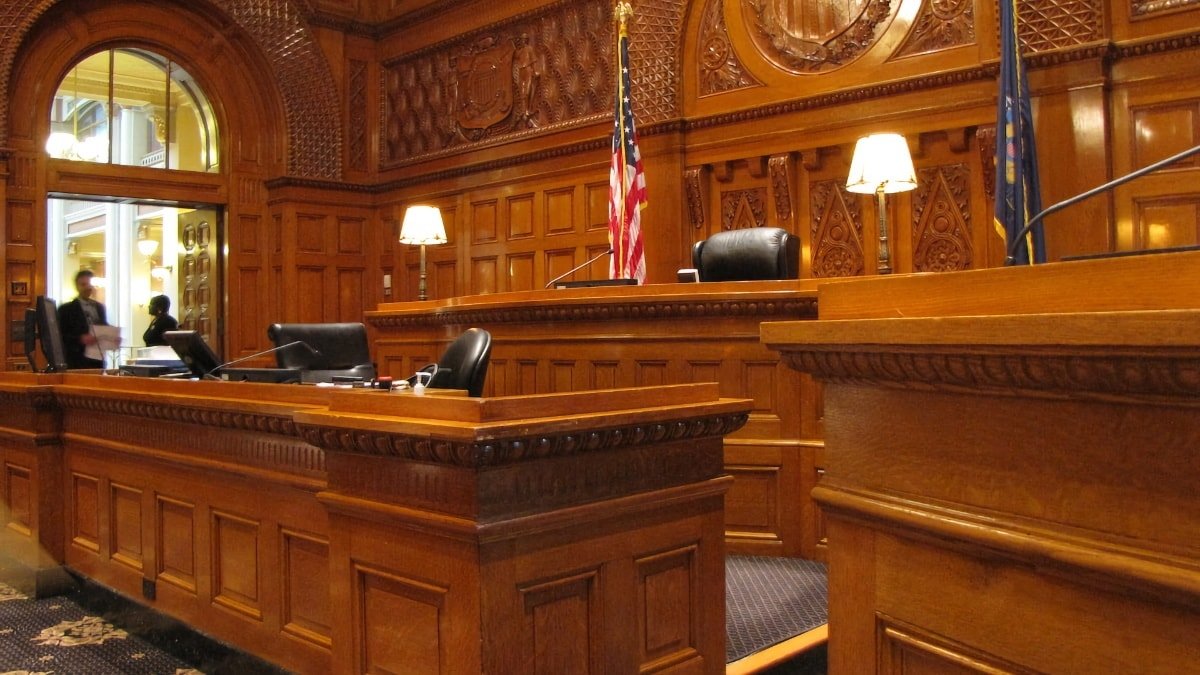A federal judge has raised concerns about whether Apple has overly complex barriers that could deter the usage of alternative payment methods in iPhone apps.
Judge Yvonne Gonzalez Rogers' injunction requires Apple to allow app developers to embed links to alternate payment systems. Its goal is to diminish the company's stronghold over app transactions, where commissions range from 15% to 30%.
The commission structure is a significant revenue stream for Apple and a focal point of contention regarding market fairness and consumer choice. The company's defense pivots on the grounds of security and maintaining a quality standard within its ecosystem, according to to a report from The Associated Press.
During a four-hour hearing, Judge Gonzalez Rogers frequently expressed frustration and skepticism while questioning Matthew Fischer, the Apple executive responsible for the iPhone app store. Her questions conveyed concerns that Apple's compliance efforts were more focused on protecting its profits than facilitating more accessible access to alternative in-app payment options, as her order intended.
She specifically pressed Fischer on whether Apple had intentionally designed its alternative payment methods to be overly complex and confusing for consumers. "Other than to stifle competition, I can see no other answer," Judge Gonzalez Rogers said.
Fischer asserted that Apple is adhering to the court's directive while also aiming to protect iPhone users from malicious entities online and ensuring that the company benefits from its investments in the app store and mobile software.
He explained that a new commission structure has been implemented, ranging from 12% to 27%, with the expected effective rate for digital transactions via alternative payment methods being around 18%. "We are running a business," Fischer remarked, indicating the financial considerations behind Apple's compliance efforts.
The discourse around Apple's App Store policies isn't confined to the US courts. Similar debates are unfolding globally, with Apple facing legal challenges in South Korea and the European Union over similar issues.
In South Korea, new laws have been enacted forcing Apple to open its App Store to alternative payment methods, reflecting a growing global impetus to regulate dominant tech enterprises more stringently.
Despite the legal challenges, many developers and consumers continue to support Apple's existing model, valuing the security and seamless integration it offers. The support underscores the complex balance between fostering an open competitive landscape and maintaining a controlled environment that ensures security and user trust.
 Andrew Orr
Andrew Orr







-m.jpg)






 Marko Zivkovic
Marko Zivkovic
 Mike Wuerthele
Mike Wuerthele
 Christine McKee
Christine McKee
 Amber Neely
Amber Neely
 Sponsored Content
Sponsored Content
 Wesley Hilliard
Wesley Hilliard

 William Gallagher
William Gallagher









15 Comments
Working in design, I can say from experience it is never fun to work on the bad option that is only on the table because the client insisted on it and is the only group that can't see it as the bad option.
Why does Apple has to have an alternative App Store payment process? When I go to any store, I pay the store. I don't pay the manufacturer of an individual product. I just don't understand why people can't see this. It's Apple's product so you pay Apple.
The following article summary say it all more clearly...
The judge is wrong. Fischer is right.
Apple has every right to earn profits, exactly as it has been doing. Some Apple developers are simply wanting judges to take away more profits from Apple so those profits can be handed over to themselves. These loudmouthed developers have been working hard over the past few years to convince judges like this one that Apple isn't deserving of all the profits Apple works so hard for. There's nothing that is overly complex or confusing to the consumer. If anything, intelligent consumers who hold AAPL stock are rewarded every quarter when Apple pays them a dividend. The only confusing thing is why so many in seats of power want to shift profits from Apple to a select few loudmouthed developers. It really doesn't benefit the consumer at all in the end.
One thing rings true. If you work hard to build a successful business, a lot of seedy people will target you. Some in seats of power, like this judge, will harm the business in the name of consumer advocacy. In the end, businesses that survive these never-ending attacks must fight with all their might. But the more they fight, the more cost they incur, and the more consumers end up paying in the end.